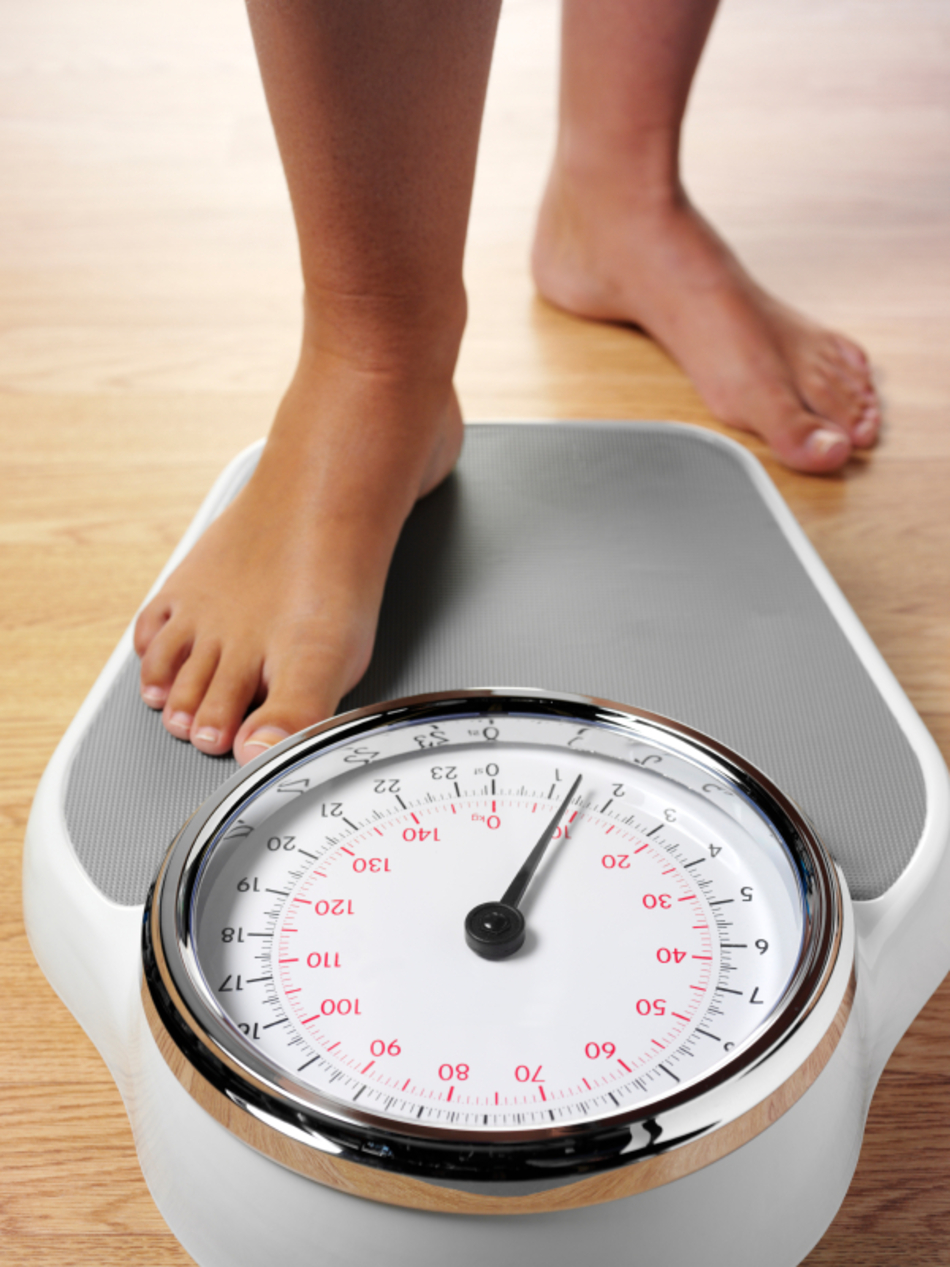Episode Transcript
Dr. Jones: You usually have some weight to lose after the birth of your baby. But instead of losing, you just keep gaining, and you're not even pregnant anymore. You're sleepless, stressed, hopelessly in love with your baby, and gaining weight. What's this about, and what can be done about it? This is Dr. Kirtly Parker Jones from the Department Obstetrics and Gynecology at University of Utah Health and this is the skinny on postpartum weight gain on The Scope.
Announcer: Covering all aspects of women's health, this is "The Seven Domains of Women's Health" with Dr. Kirtly Jones on The Scope.
Postpartum Weight Loss
Dr. Jones: The relentless weight gain experienced by many American women during their adult lives is punctuated by pregnancies. There are some biological reasons why the pregnant and postpartum body might want to hold onto their calories, but all of those evolved when we were hunter gatherers and starving and our children's lives depended on our breast milk. But our hunting and gathering these days amounts to a drive to the grocery store with a million high-calorie options to gather up and feed ourselves and our family. It just isn't fair, but we wouldn't want to go back 20,000 years to much leaner times.
I just returned from a week in Zurich, Switzerland and what was very noticeable were young, slender, well-dressed women pushing baby carriages everywhere, not too many cars, and all on trams and sidewalks and in all kinds of weather, in singles and in groups. Swiss women think babies need fresh air and they are out to make it happen on their feet. So what are the problems and what should we be doing?
Avoid Gaining Weight During Pregnancy
We should avoid excess weight gain during pregnancy. A woman needs no--get that--no extra calories in the first trimester; and about 300 extra calories a day after that. That is equivalent to three eight-ounce glasses of milk a day, no more. You're not eating for two; you are eating for one and a little bitty.
Have an Exercise Routine Even During Pregnancy
Two, women who are already obese are recommended to gain limited amounts of weight in pregnancy, maybe only 10 pounds. In fact, that's mostly water weight and placenta. To achieve these goals, women should make sure that they start or stay on an exercise routine during pregnancy, 30 to 50 minutes a day of walking at least five days a week.
Postpartum Weight Gain: Thyroid, Stress, or Sleepless Nights
Now women often find it difficult to lose weight after birth, even with breastfeeding, and many continue to gain weight. What might be some of the issues? Some women develop low thyroid function during and after pregnancy, so if you're having problems with weight gain talk to your OB at your postpartum visit and maybe a thyroid test is indicated.
Women who are sleepless gain weight. A study found that women who were sleeping less than five hours a night, six months postpartum were three times more likely to have kept their baby weight and maybe even gained more.
And lastly, being a new mom is stressful, and stress hormones can promote weight gain, and women are more likely to eat when they are stressed. So there you go, thyroid problems, sleeplessness, and stress contribute to postpartum weight gain. So what do we do about it?
Breastfeeding exclusively uses up about 500 calories a day. If you're eating nutritious food and drinking lots of low or no-calorie fluids, you don't need to add these calories if you're already holding extra weight. Eat well, but not for two.
A study demonstrated that women who were taught how to eat well, avoided fatty and sugary foods, walked 30 minutes a day every day, pushed that baby carriage around outside, wrote down their food and exercise every day and wore a pedometer were much more likely to lose weight than women who weren't in the lifestyle modification program.
So why bother? You've got your baby, you're kind of happy, but maybe you're kind of stressed. Fifteen or 20 pounds here or there, what does that matter?
Well, weight gain during pregnancy and continuing weight gain after doesn't feel good, and it's bad for your self-esteem. Women who bump up ten to thirty pounds per pregnancy have increased risks of diabetes, hypertension, and heart disease when they get older. And they have increased risks of high blood pressure and diabetes with that next pregnancy. That's bad for them and their baby.
Women who already had diabetes in pregnancy are particularly at greatest risk. So being pregnant, having a new baby brings on lots of changes in your life. We should keep the good ones and let go of the bad ones if we can.
Losing Weight After Baby: Lifestyle Changes
- Limit your extra food during your pregnancy. You're not eating for two, even though you feel like it.
- Get moving and keep these lifestyle changes going after the baby is born.
- Write down your food and exercise every day.
- Get a pedometer; there's an app for that on your phone.
Moms that eat well and keep moving are more likely to have kids that eat well and keep moving, so it's good for everyone.
This is Dr. Kirtly Jones and thanks for joining us on The Scope.
Announcer: Have a question about a medical procedure? Want to learn more about a health condition? With over 2,000 interviews with our physicians and specialists, there’s a pretty good chance you’ll find what you want to know. Check it out at TheScopeRadio.com.
updated: June 5, 2018
originally published: June 3, 2014
